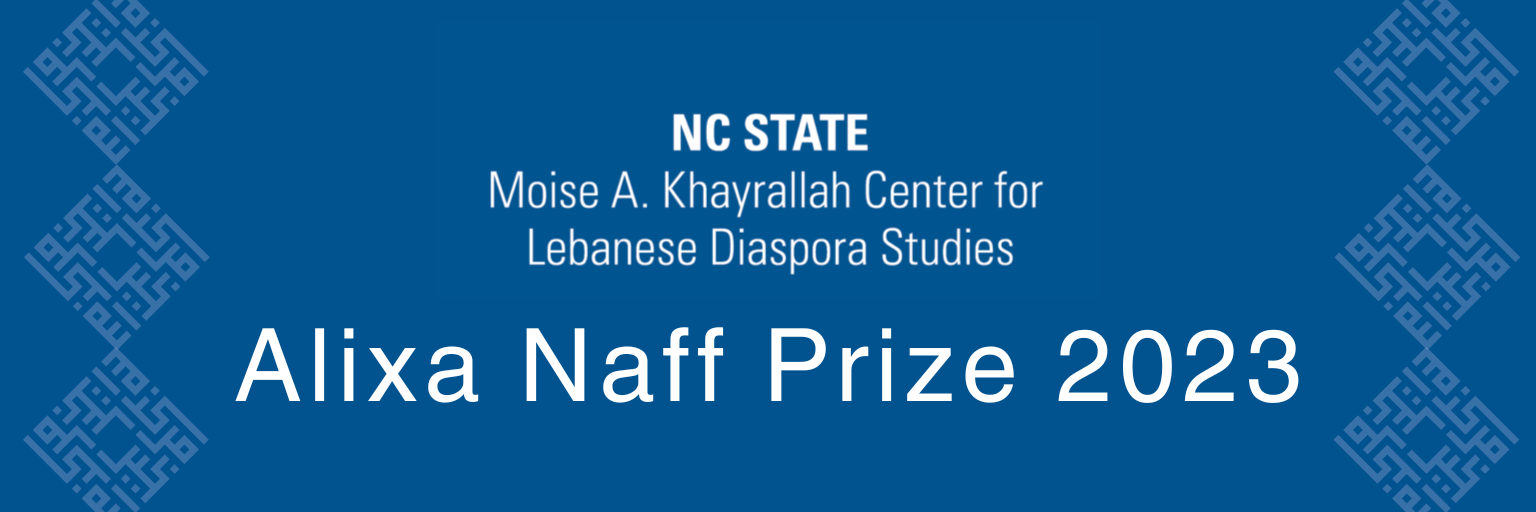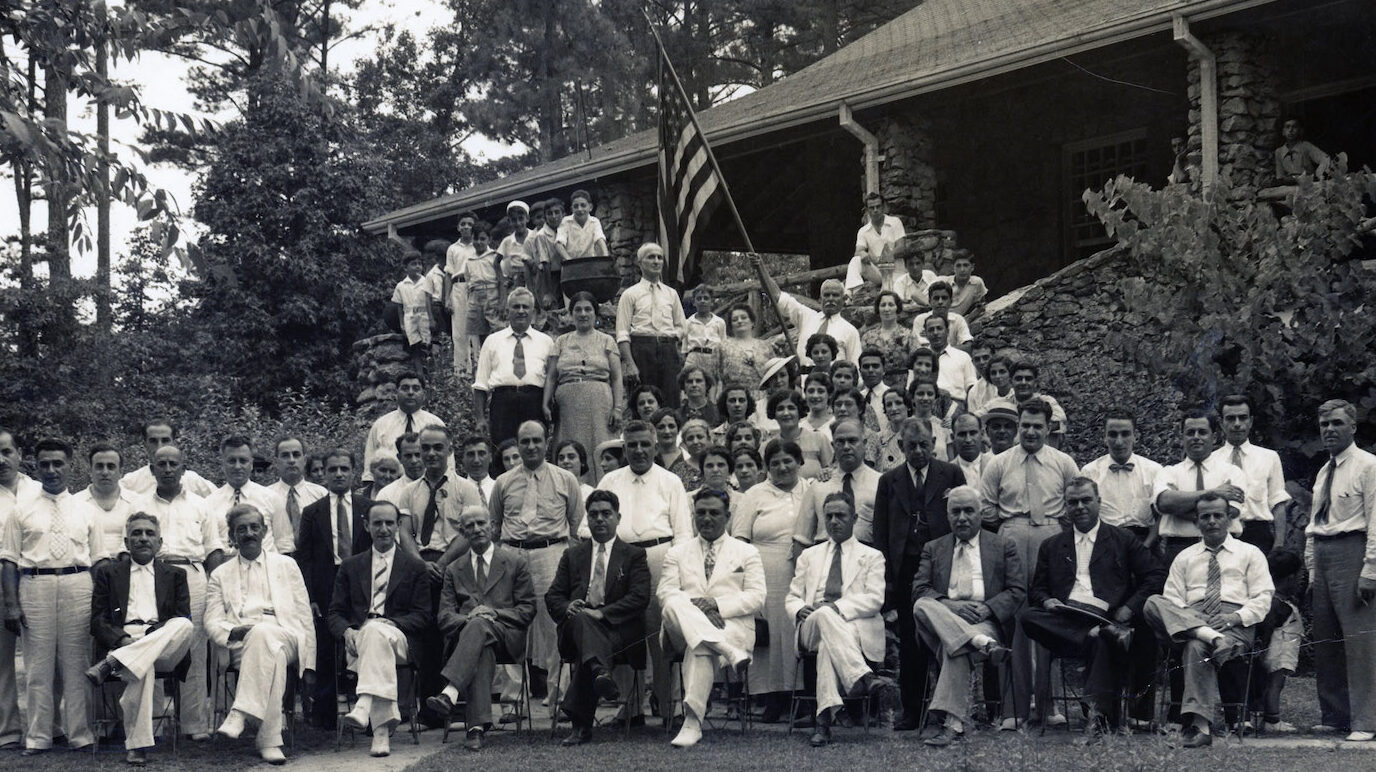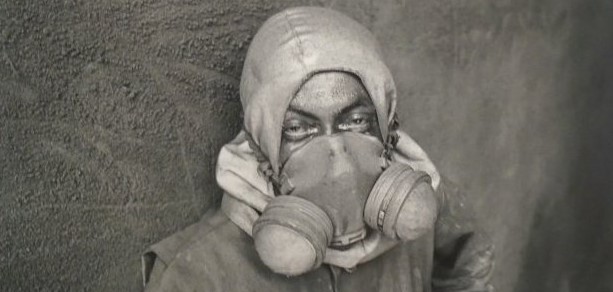News

Middle East Migration Studies: Taking Stock, Plotting New Paths

The 2023 Khayrallah Prize Winners

Khayrallah Center Announces 2023 Winner of Alixa Naff Prize
Call For Papers: “Locating Palestine in the Arab Americas”

Announcement: Index of Arab American Archives
Muslim Pioneers* in Canada’s North
Announcement: Undergraduate Summer Internship
The Health Consequences of Researching our Family and Community History
